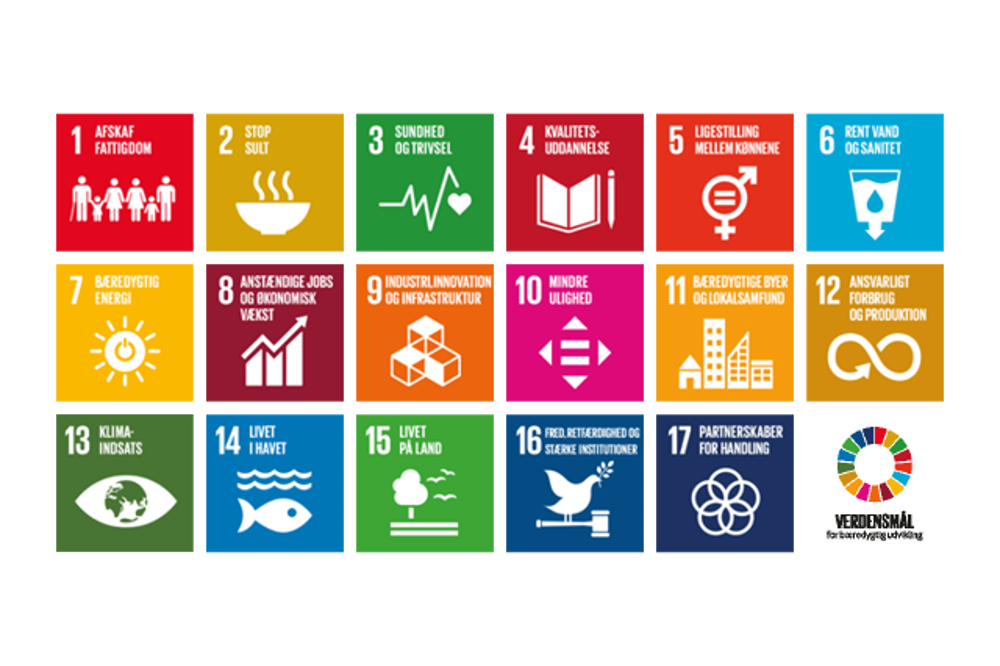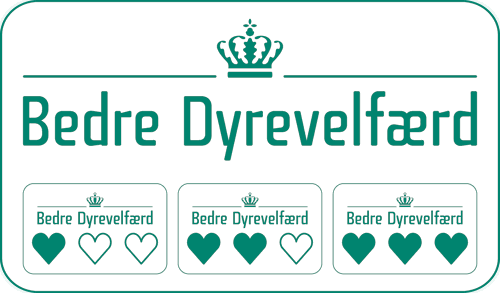The two largest poultry players in the Danish market, Danpo and ROSE POULTRY, are now taking a big step for the climate together. In collaboration with SEGES Innovation, they will now use the ESGreenTool to measure the precise carbon footprint of their chickens. This means that more than 100 Danish chicken producers will supply chickens with climate data to Danpo and ROSE POULTRY.
Danpo, part of Scandi Standard, fully supports Agenda 2030, including the Sustainable Development Goals (SDGs). As a result of our activities, we have an impact on several of the SDGs and a great responsibility and opportunity to contribute to the achievement of the SDGs and their targets.

Read more about the SDGs where we have the greatest opportunity to make a difference here
Scandi Standard's business concept is to contribute to the joy of food and to health and well-being. We work with sustainable food production, taking responsibility from farm to fork, for people, chickens and the planet. We have developed and adopted sustainability goals that will guide us towards 2030.
Tighter legislation and trends towards a circular economy for packaging affect Scandi Standard, which is why we have developed a group-wide packaging strategy. The priority of the strategy is to ensure product quality and shelf life, reduce food waste and ensure food safety. Then the focus is to reduce the amount of packaging and focus on recyclability.
The animal welfare label comes in three levels - the more hearts filled in, the better the animal welfare. At Danpo, we have 1-, 2-, and 3-heart chickens. For example, our Farm Chicken from Danish Family Farms has 2 animal welfare hearts. We recommend going for the state-controlled animal welfare label when you buy chicken.

Every day at Danpo we work to be better. Every day we work to make a difference for our common future.